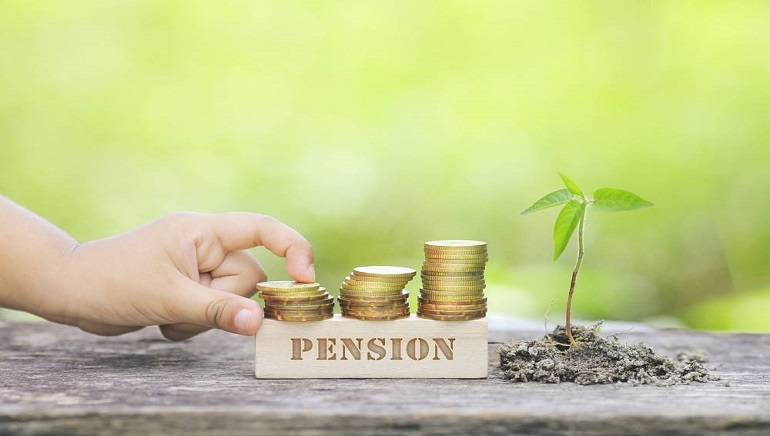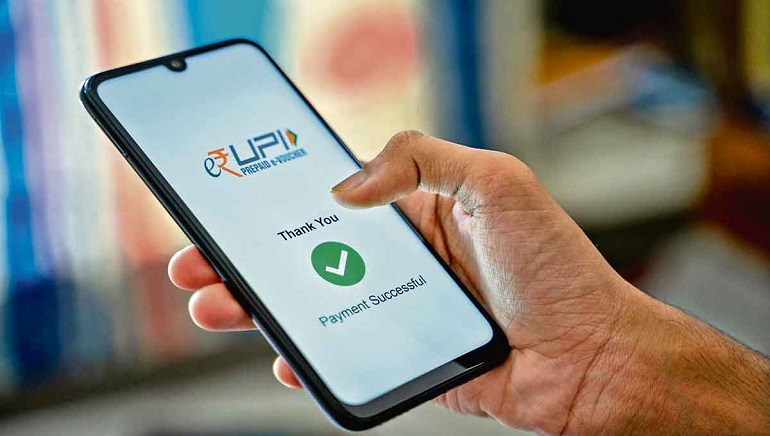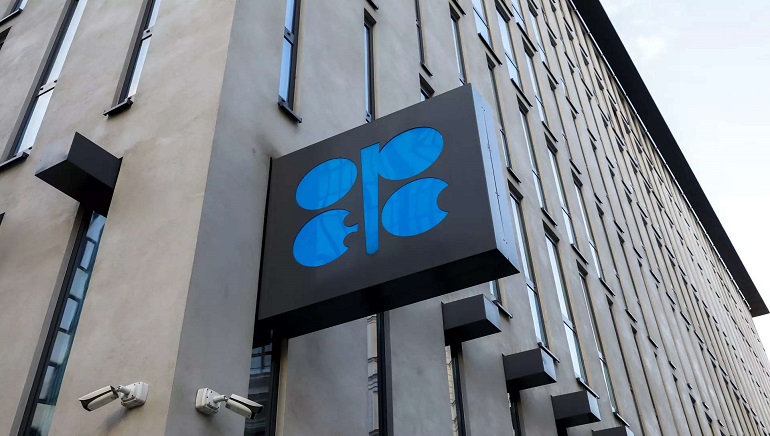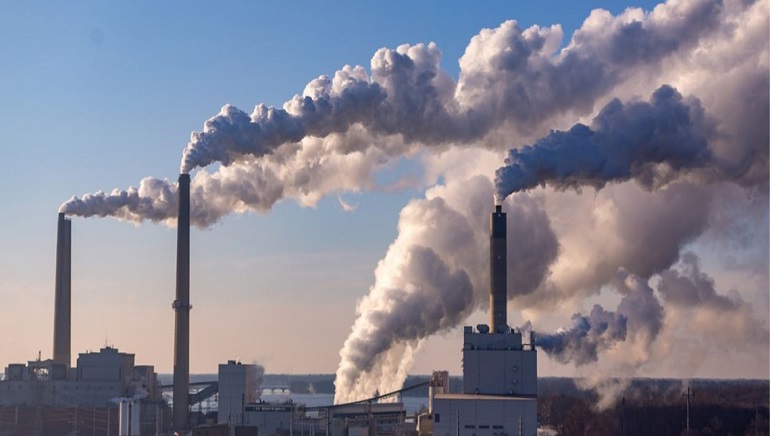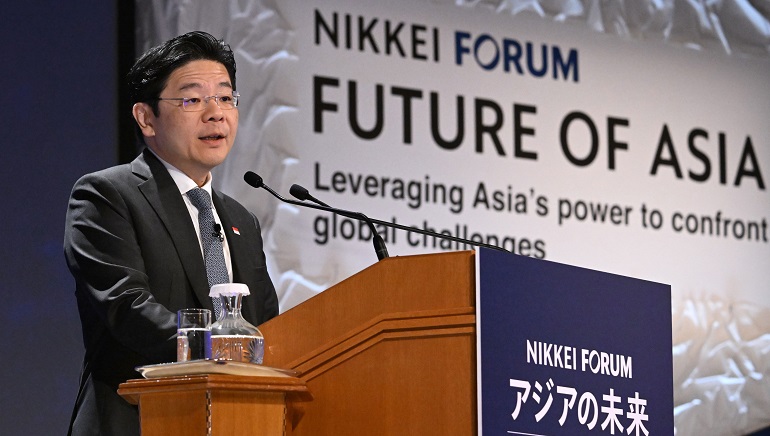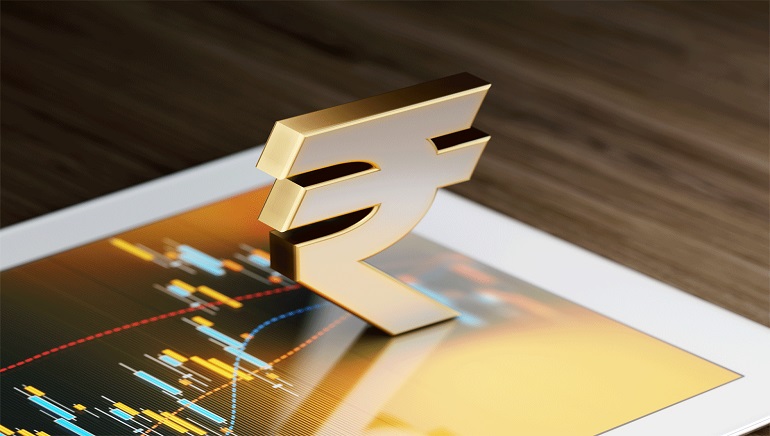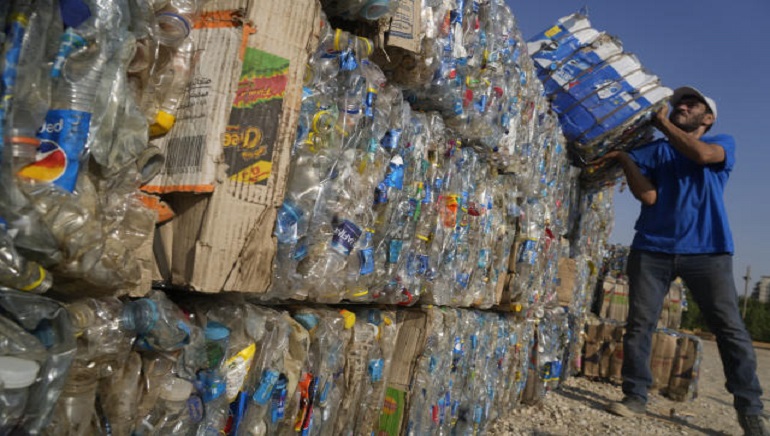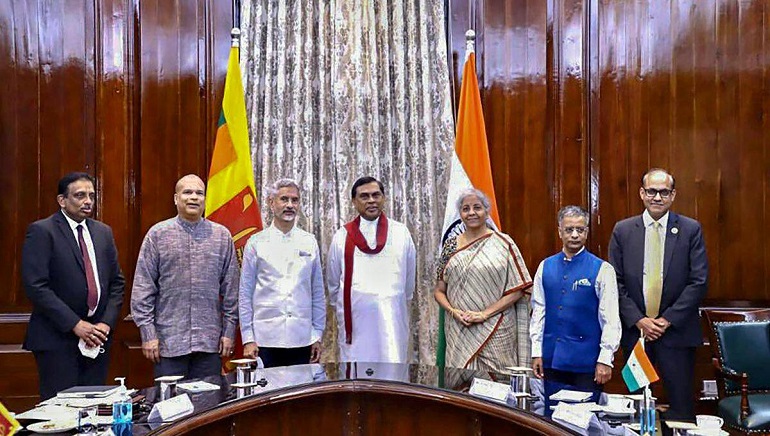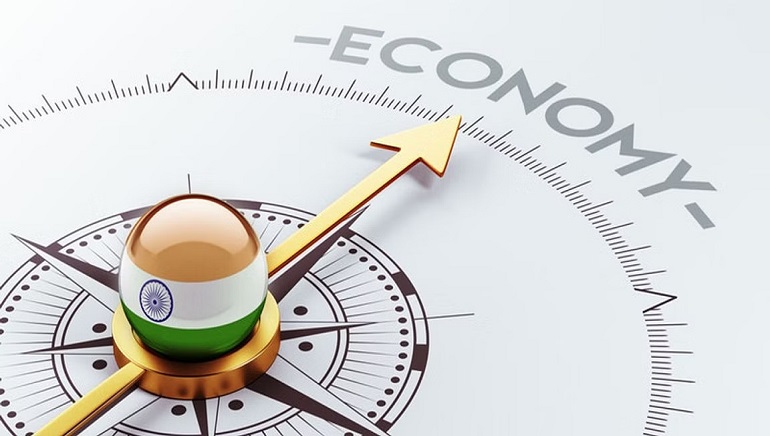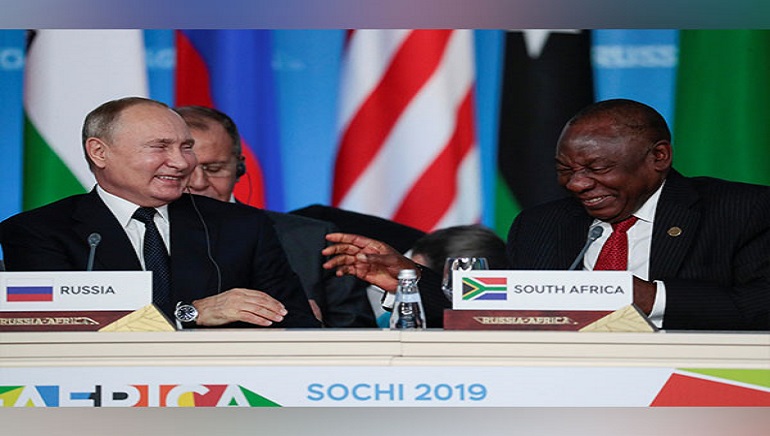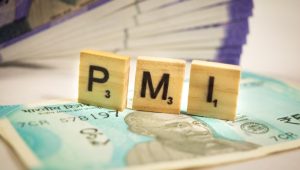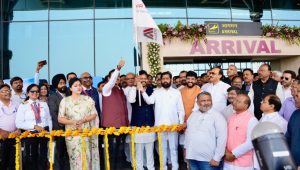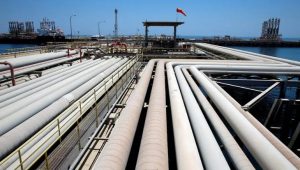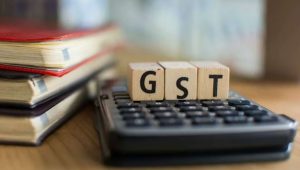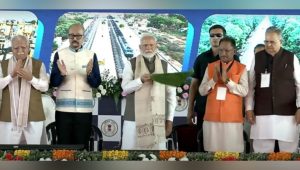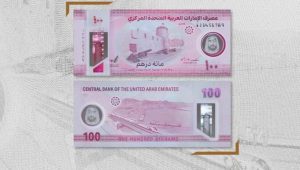Tata Consultancy Services (TCS) has been awarded a 10-year mandate to administer and enhance customer experiences for the Teachers’ Pension Scheme in England and Wales.
The Teachers’ Pension Scheme is the second-largest public sector pension scheme in the UK with over 2 million members.
TCS has been chosen by the Department for Education (DfE) to administer and improve customer experiences for the scheme. It will manage the scheme administration services using its future-ready, digitally enabled, omnichannel platform powered by TCS BaNCS™. The TCS platform will facilitate accurate administration of pension records, seamless benefit payments, effective scheme finance management, proactive member engagement, and easy access to information.
The IT company aims to deliver a digital-first, self-service pension experience, providing scheme employers and members with anytime, anywhere access to their account information. The platform will also offer personalised insights to help individuals gain a better understanding of their pension plan, empowering them to make informed decisions, the statement from the company said.
TCS plans to establish a service hub in Darlington, expanding its existing presence in the UK. The company has a significant workforce spread across 30 locations throughout the country.





